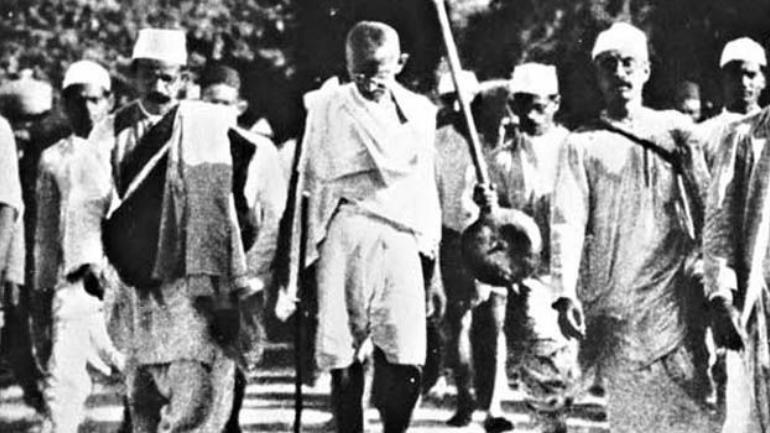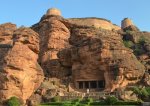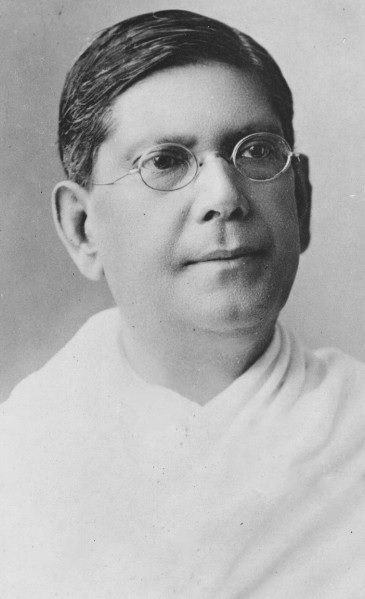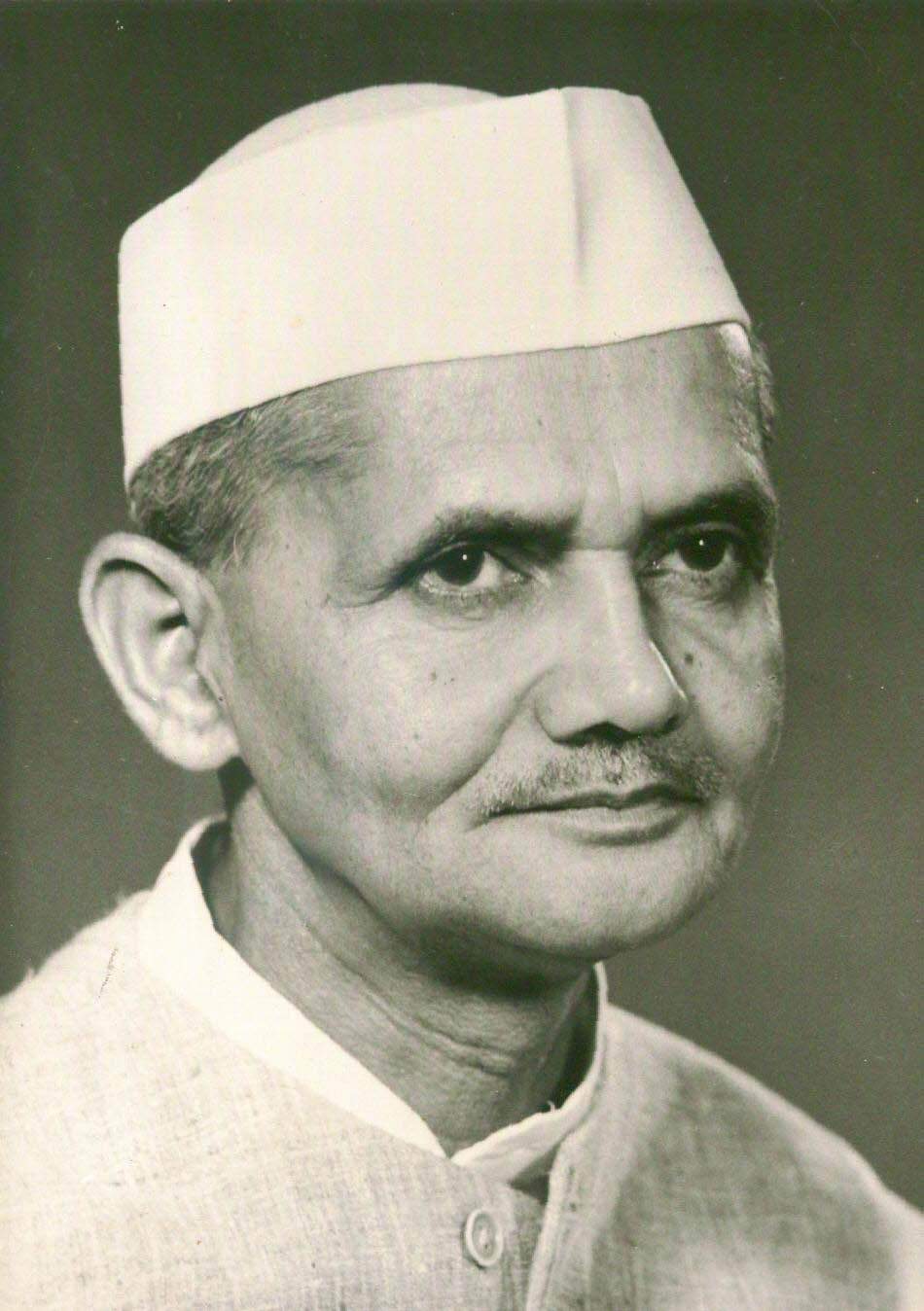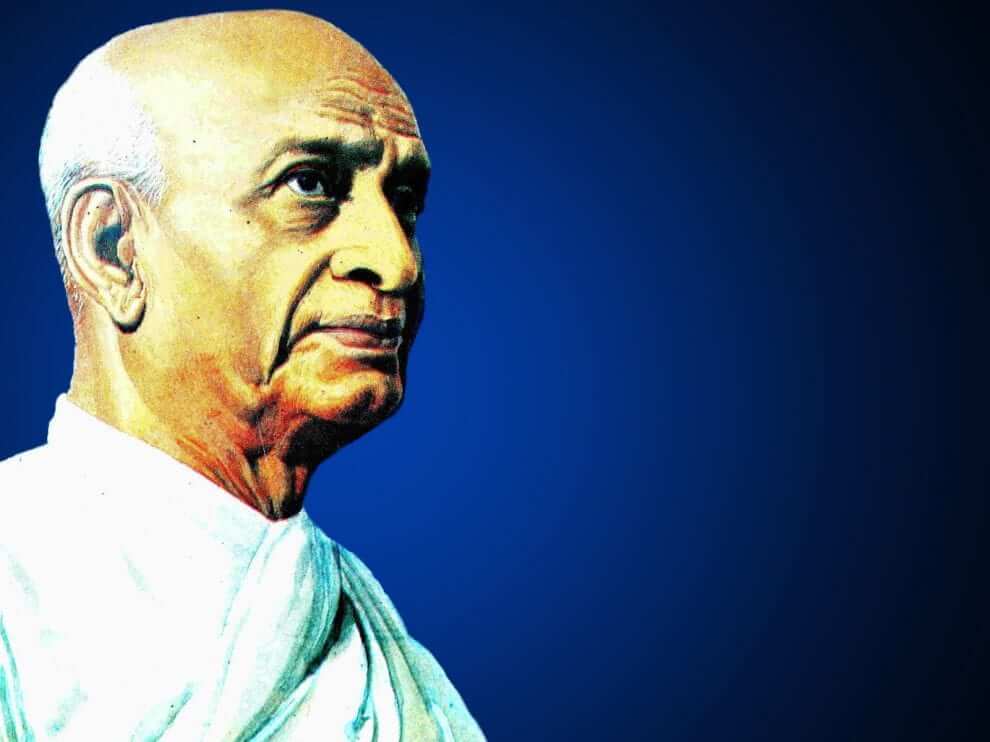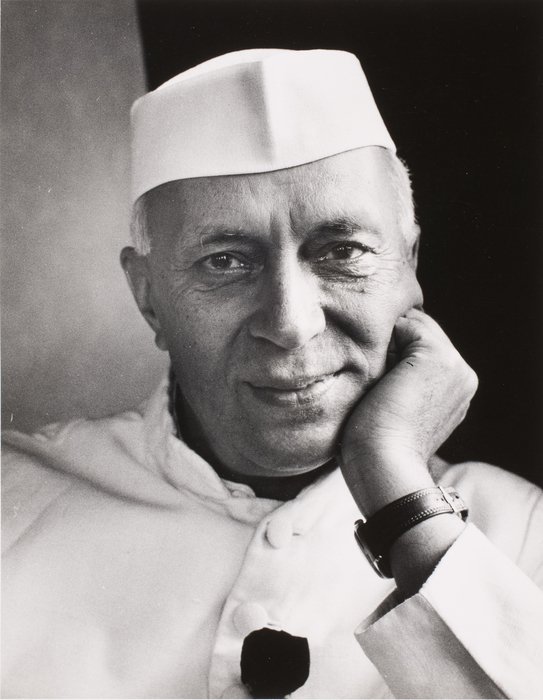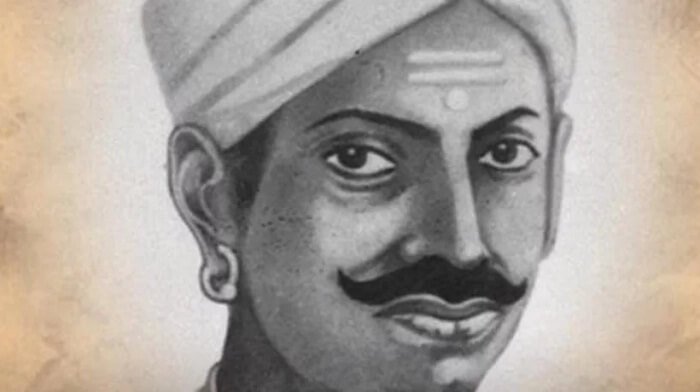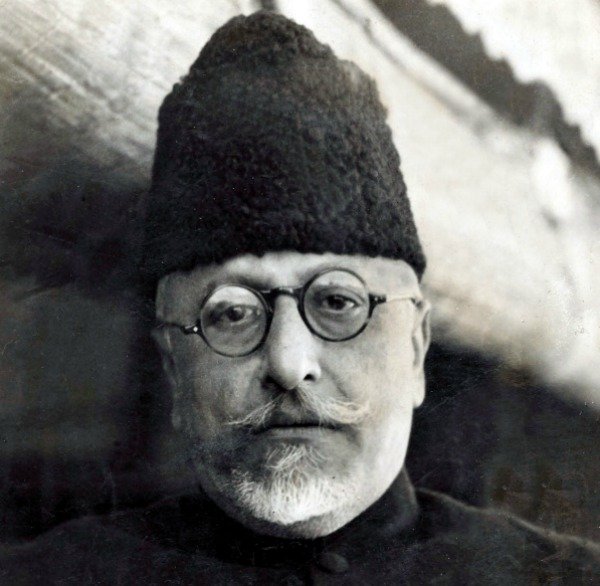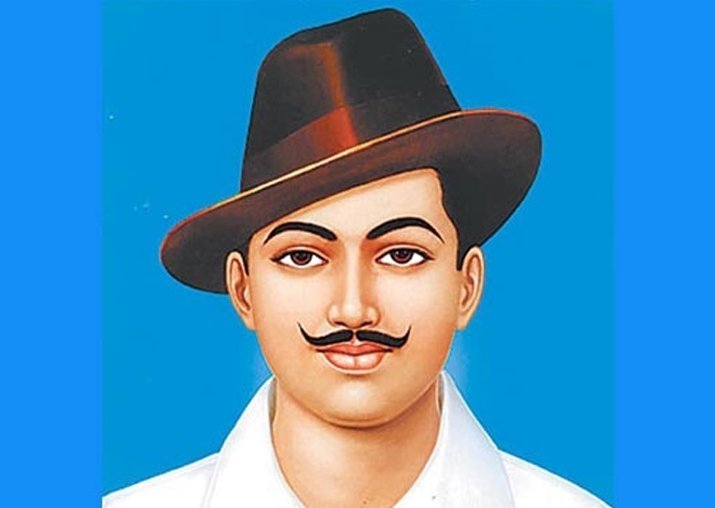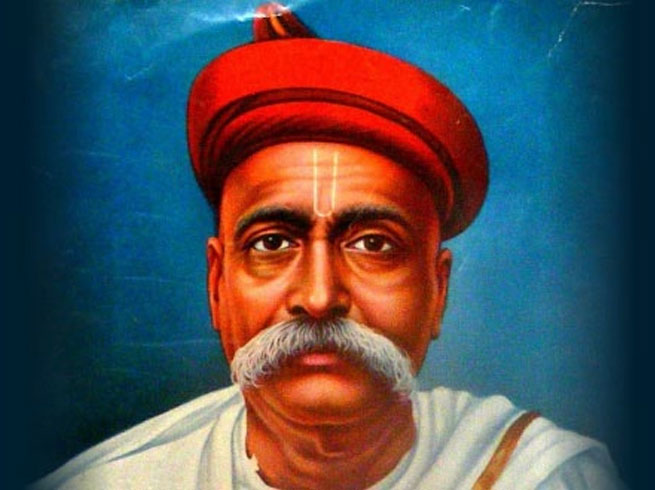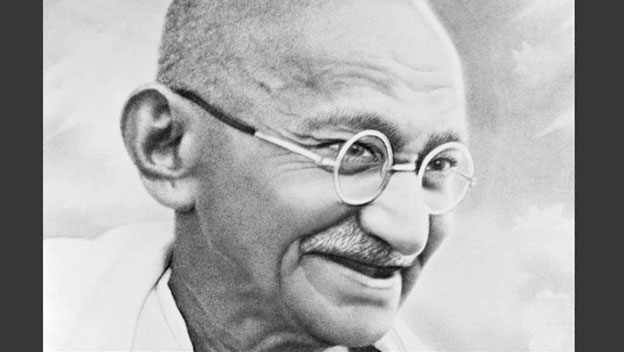- Home
- History of India
- Indian Independence movement
- Non-cooperation Movement
Non-Cooperation Movement
Non-Cooperation movement was started by Mahatma Gandhi. It was a political campaign launched in the year 1920. It was a mass movement to pressurize the British government of India to grant swaraj/ self-governance to India.
Non-Cooperation movement was started due to series of events like Jallianwala bagh Massacre, Civil Disobedience and also the withdrawal of support from Indian National Congress after Rowlatt act
Update on coronavirus in India
The non-cooperation movement included boycotts of courts, education institutions, giving away titles and giving away of foreign made clothes. The non-cooperation movement was a nonviolent movement which was organized on a large scale.
Factors behind Non-cooperation Movement
Economic hardships faced by the Indians after and during World War I. The Indian artisans faced severe hardships when the British replaced Indian handmade goods with that of the British.
Also the participation of the Indians in the War caused a lot of economic hardships to the local residents. Heavy taxes were imposed, high prices and epidemics made people’s lives miserable.
Read more about History of India, Rajasthan and Delhi
The Rowlatt act of 1919 is another important factor behind the non-cooperation movement. According to the Rowlatt act the police could arrest anyone without giving any reason. The main purpose of the act was to control and curb the nationalist feelings across India.
Read about Indian Dynasties, Indian Religions
The Jallianwala Bagh Massacre and the injustice done to the people of Punjab. Thousands of people were killed who had gathered at Jallianwala bagh to celebrate Baisakhi. Gandhi completely lost faith in the British government and decided to start a non cooperation movement.
The Khilafat movement was a political protest against British India to preserve the authority of the Ottoman as Caliph.
Movement
Gandhiji asked all the fellow Indians to boycott British goods like clothing, food, and English manufactured goods. All the British goods were burnt in public. People were asked to wear clothes that were made in India.
Public transport was boycotted. Many leaders like Subhash Chandra Bose, Rajendra Prasad, C Rajgopalchari and Motilal Nehru gave up their careers and joined the movement.
All the Indians were asked to renounce their titles and the awards, to boycott all courts, legislature activities and educational institutions. Many Indians resigned from various posts like teachers, lawyers, military and civil services.
The congress also boycotted the elections. Thousands of young Indians left their schools and colleges and joined the movement. Khadi Charka became the symbol of the national movement.
The congress which supported the movement promoted various cottage industries for the weaving of our own clothes. Many new education institutions that came up were The Kashi Vidyapeeth, The Bihar Vidyapeeth, and Jamia Millia at Aligarh. Women came in large numbers to support the act.
Congress who supported the movement asked for non payment of taxes. Congress also boycotted the elections and thousands of voters did not vote in protest.
The movement also called for the end of untouchability.
Gandhiji strengthened the movement by supporting the Khilafat movement. The first arrest of Jawaharlal Nehru and his father Motilal Nehru was made on 6th December 1921.
Impact and Challenges
In response people in Andhra Pradesh refused to pay municipal taxes. The peasants in Uttar Pradesh, Bihar, and Bengal organized no tax campaigns and also fought for the illegal eviction of land by the British.
The movement spread even among the tribe's people residing in the forest. Tribes from Bengal and Andhra refused to pay taxes on grazing. These tribes organized various satyagraha movements demanding them to use the forest resources.
Different kinds of labourers worked together for the fulfillment of their demands like the labourers of tea plantations went on strike demanding for an increase in wages. The Muslim peasant community called as Moplahs revolted against the behaviour and action of zamindars.
In Punjab the Sabhas made a non violent protest against the corrupt priests of Gurudwaras. The movement spread like a fire all over India. People blindly believed Ghandhiji’s action and thought Gandhiji would help India to get Swaraj.
But the British did not keep quiet; they banned congress from any political activities. Nearly 30,000 congress workers and various volunteers were arrested.
End of Non-Cooperation Movement
The main reason for the failure of this movement was on Feb. 4th 1922 at chauri choura activists set a police station on fire killing 22 police men. This led to more violence.
Gandhiji whose principle was nonviolence felt very disappointed by the act at Chauri Chaura appealed people to do in non violence way. When the violence spread to different parts Gandhiji called off the non-cooperation movement and went on fast for 3 weeks
The British arrested Gandhiji and jailed him for six years. Many condemned the action of suspending the movement by Gandhi. Even though the non cooperation movement ended abruptly it did had some positive impacts
- It marked the beginning of the mass movement
- Charaka and Khadi was made as Indian nationalism
- Popularity of the Indian national congress increased among the masses.
- Participation of Muslims and unity among Hindus and Muslims was a great achievement. Thus it can be said that the non cooperation movement had a huge positive impact and a sense of Swaraj started in masses. Sir John Simon was appointed to look into the government of India act 1919. This was called as Simon Commission.
Affiliate Disclosure:
If you make any purchase via a link on this site, I may receive a small commission with no added cost to you.
